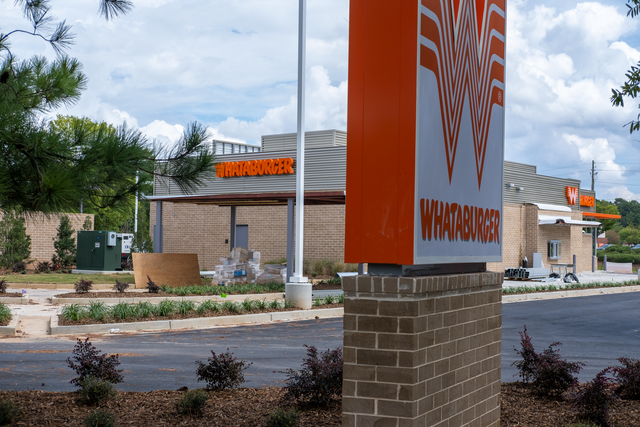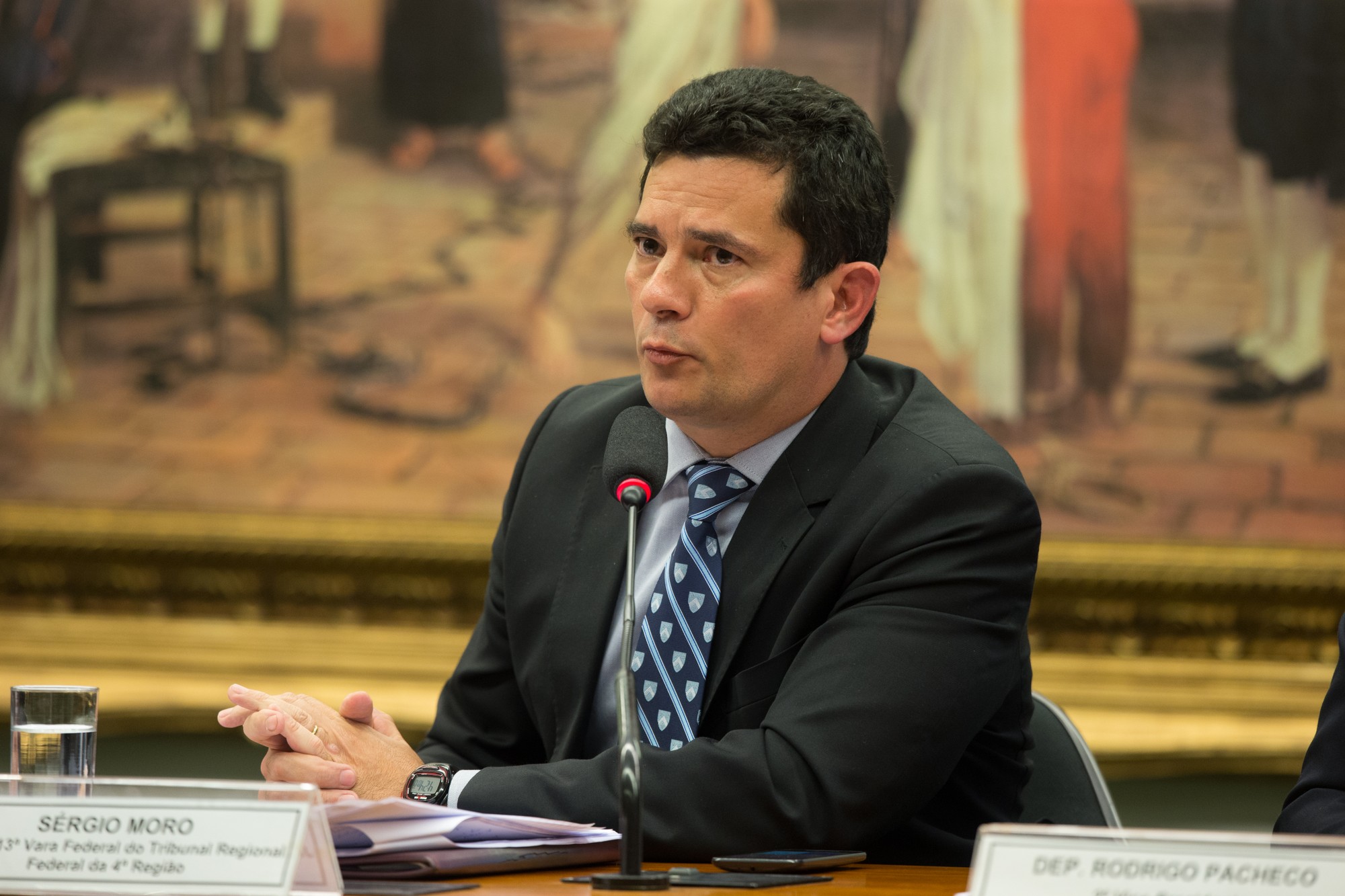On Sunday night Jan. 20, there was a long line of people wrapped around the Bobby Bailey Performing Arts Center, consisting of students, teachers and others who had traveled from various parts of Georgia to hear renowned social activist and public speaker, Dr. Cornel West.
“I saw West for the first time around 1995, and twice in Philly while I was attending graduate school,” Professor of English Griselda Thomas recalls. “[He is] always entertaining.” Others in the crowd were excited to experience West perform a memorable oration about civil rights leader, Dr. Martin Luther King, Jr. on the eve of his national holiday.
Around 8 p.m., the full house seated inside the performing arts center was treated to two songs sung by the KSU Gospel choir, led by Dr. Oral Moses, who was later congratulated on his nearly 30-year teaching career at KSU. The excellence of Moses’ work was clear, as West praised him as “Oral Mosley: Leader in Song.”
West quickly began his message of the night with a remembrance of Dr. King: “Brother Martin, we love you so, we miss you so, and we need you so, especially in these confusing times.”
Compassionately calling Dr. King “Martin” throughout the evening, West reminded the audience not to view the late civil rights leader as “an isolated icon, [nor] an individual who transcends all of humanity,” but to remember him as more of an everyday man who “was the son of a black community that came from [hundreds of ] years of slavery.”
West reminded his listeners of what Dr. King stood for by outlining the “three crimes against humanity” on which King focused as a leader. The first was Jim Crow laws, which Dr. West labeled as “American terrorism.”The second crime was the bombings in Vietnam that occurred in the 1960’s. The third crime was poverty. West compared this concern of Dr. King’s to the economic crisis that the United States is facing today: “How come there is a budget crisis in the streets, but all the wealth is going to people at the very top who are living like kings and queens?”
Throughout the lecture, West compared the behaviors and morals of the people in King’s day to those in today’s society. Dr. West described people in King’s community as “decent and dignified” and people who asked themselves, “What kind of human being will I choose to be today?” Regarding today’s society, and youth in particular, West said that people are “too focused on money” and that there are “too many copies and not enough originals.”
“Lift every voice, not lift every echo,”West urges.
Although the famed orator had been criticized in the past for being outspoken about his opinion on President Barack Obama, he did not hesitate to speak his mind on the man who would be sworn into office a second time on Dr. King’s holiday. I hope and pray he really knows what he’s doing,” he says of Obama. “He has to come to terms with Martin’s challenge.”West then took a moment to lend the President some advice: “Highlight your priorities in your policies. When you’re bailing out banks and not home owners, that’s a reflection of priorities.”
The evening came to a close with West proclaiming that despite the election of an African-American President of the United States, America is “less racist, but not post-racial,” reminding his audience that racism is still alive and that more progress will have to be made to truly reach the visions that Dr. King had for humanity.
Lamine Toure, a visiting student from Georgia Perimeter College, agreed with West’s ideas on King, and believes that “[King’s] philosophy inspires many young people, and helps us keep in mind that we are here to achieve our goals and progress.”




